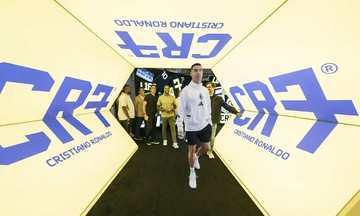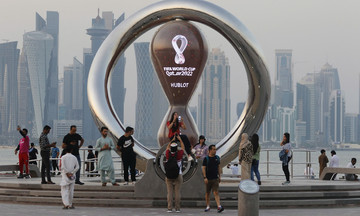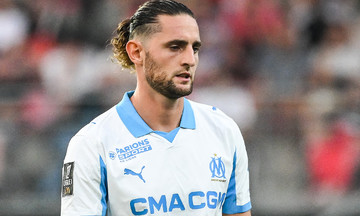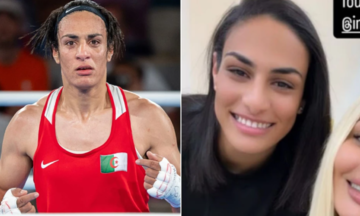There are moments in sports that transcend records, medals, and podiums. Sometimes, a 12-year-old girl, who should be enjoying summer vacation, running in the park, or playing with friends, appears at the World Aquatics Championships and becomes the center of attention.
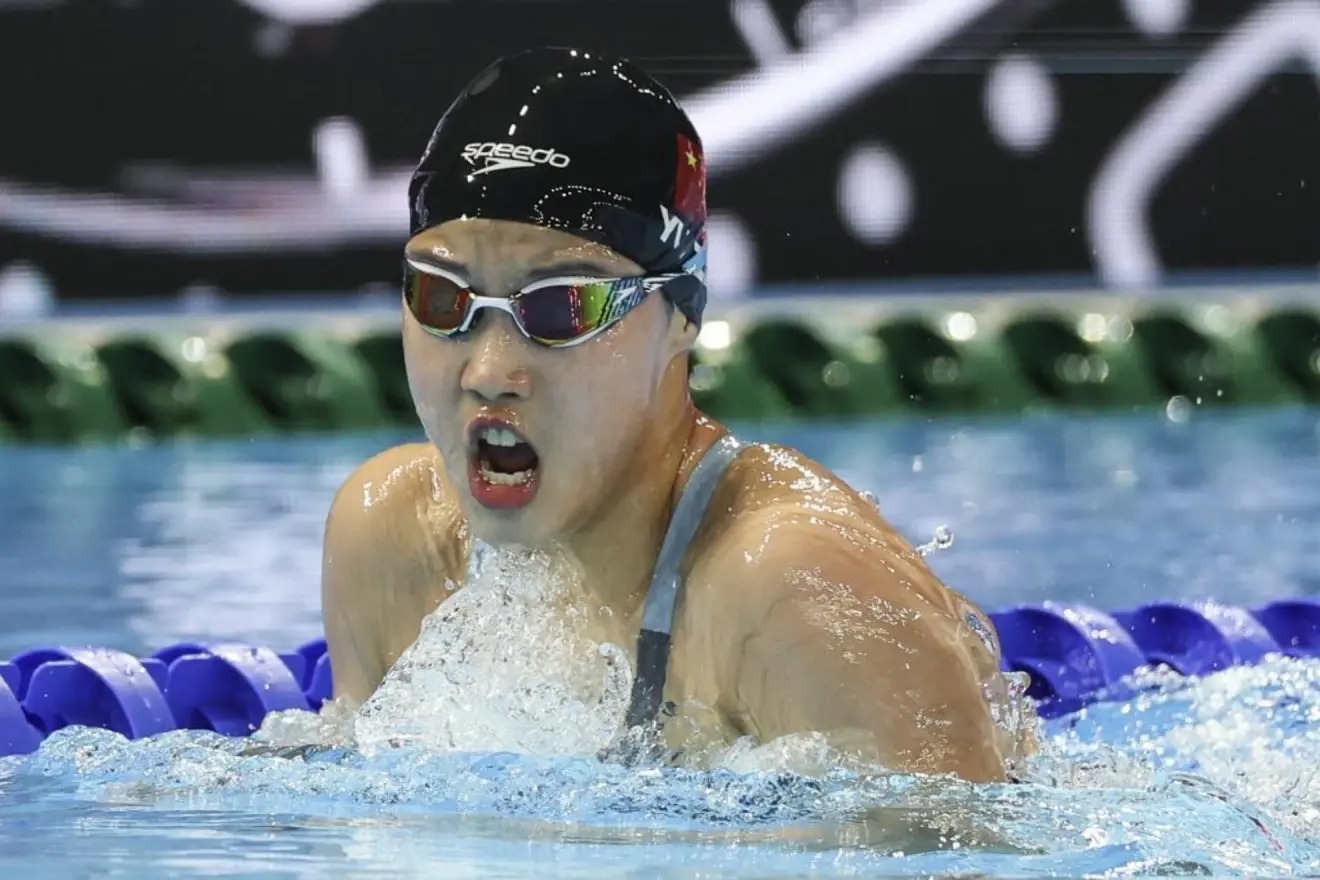 |
Yu during the 200m individual medley final at the World Aquatics Championships in Singapore on 28/7. Photo: Marca |
Since Danish athlete Inge Sorensen won bronze in the 200m breaststroke at the 1936 Olympics at the age of 12, no child of the same age has stepped onto the podium at the Olympics or World Aquatics Championships. But on 31/7, Yu matched that incredible statistic, becoming the youngest swimmer to win a medal in the history of the World Aquatics Championships.
Yu competed in the heats of the women's 4 x 200m freestyle relay. While she didn't participate directly in the final, her four teammates swam excellently, finishing third behind Australia and the USA. Yu still received a medal due to her contribution in the heats.
This event highlighted her already impressive debut at the World Aquatics Championships. Earlier, Yu finished 4th in the 200m individual medley final with a time of 2 minutes 9.21 seconds, just 0.06 seconds behind bronze medalist Mary-Sophie Harvey of Canada. In the 200m butterfly final, she again finished 4th with a time of 2 minutes 6.43 seconds, 0.31 seconds behind Australian bronze medalist Elizabeth Dekkers.
Experts paid particular attention to Yu's strokes during the final 50 meters of freestyle in the 200m individual medley final on 28/7, where she nearly won bronze. They noted that her performance was comparable to that of 18-year-old Canadian gold medalist Summer McIntosh – 30.16 seconds compared to 30.17 seconds.
In the semifinals, Yu completely dominated the other competitors in the same 50m freestyle with an even more impressive time of 30.07 seconds.
After the 28/7 event, Yu shared that the 200m individual medley wasn't her specialty, and she preferred the 400m individual medley and 200m butterfly. "Medley events, especially the 400m, are the most challenging. I see medley swimming as different dishes, and I like to think about delicious food when I train," the 12-year-old swimmer added.
With a time of 2 minutes 6.83 seconds in the 200m butterfly at the Chinese World Aquatics Championships trials, Yu ranked 7th in the world this season, while her 4 minutes 35.53 seconds time in the 400m individual medley placed her in the world's top 5. "My age is an advantage, and I hope to mature and develop my strength in the future," Yu said confidently.
However, Yu's age is generating more controversy than admiration. Since Chinese diver Fu Mingxia won the world championship at age 12 in 1991 and an Olympic gold medal the following year at 13 years and 345 days old—a moment marked by her iconic midair photo in Barcelona—World Aquatics has set a minimum age limit of 14 for competitions.
But Yu was allowed to participate in the ongoing World Aquatics Championships in Singapore, thanks to an additional clause allowing athletes under 14 to participate if they meet the "B standard." This rule previously allowed 10-year-old Bahraini athlete, Alzain Tareq, to compete at the 2015 World Aquatics Championships with substantial financial support from her family.
"We never thought a 12-year-old could swim like that," said World Aquatics Executive Director Brent Nowicki. "Our standards are very stringent, and I didn't think such a young girl could achieve those times. The federation will reassess and decide whether to adjust or remain satisfied with the current regulations."
But Denis Auguin, Technical Director of the French Swimming Federation, disagrees with World Aquatics' view. "The B standard is relatively easy to achieve; there's almost no real limit. This seems to contradict the original goal of the regulation: protecting children," he told the French newspaper L'Equipe.
In Yu's case, however, she achieved the "A standard"—a standard almost no one thought a child could reach. At 12, Yu is nearly 1.7m tall with an impressive physique.
Yu's appearance and achievements have sparked a profound debate beyond the scope of sport: is it fair or ethical to let a girl train and compete at this level? What are the physical and mental impacts? Is she truly ready, or is she simply caught up in an overly ambitious system?
In China, Yu's participation in competitions is defended as part of the sports culture, where early excellence is rewarded with economic and social benefits, not only for the athlete but also for their family.
However, outside of this context, many concerns have been raised. "At 12, I was still running around in the park, catching insects, and having fun," recounted Romanian athlete David Popovici, a world champion at 17, when asked about Yu. "I hope she has a good support system because the road ahead isn't easy."
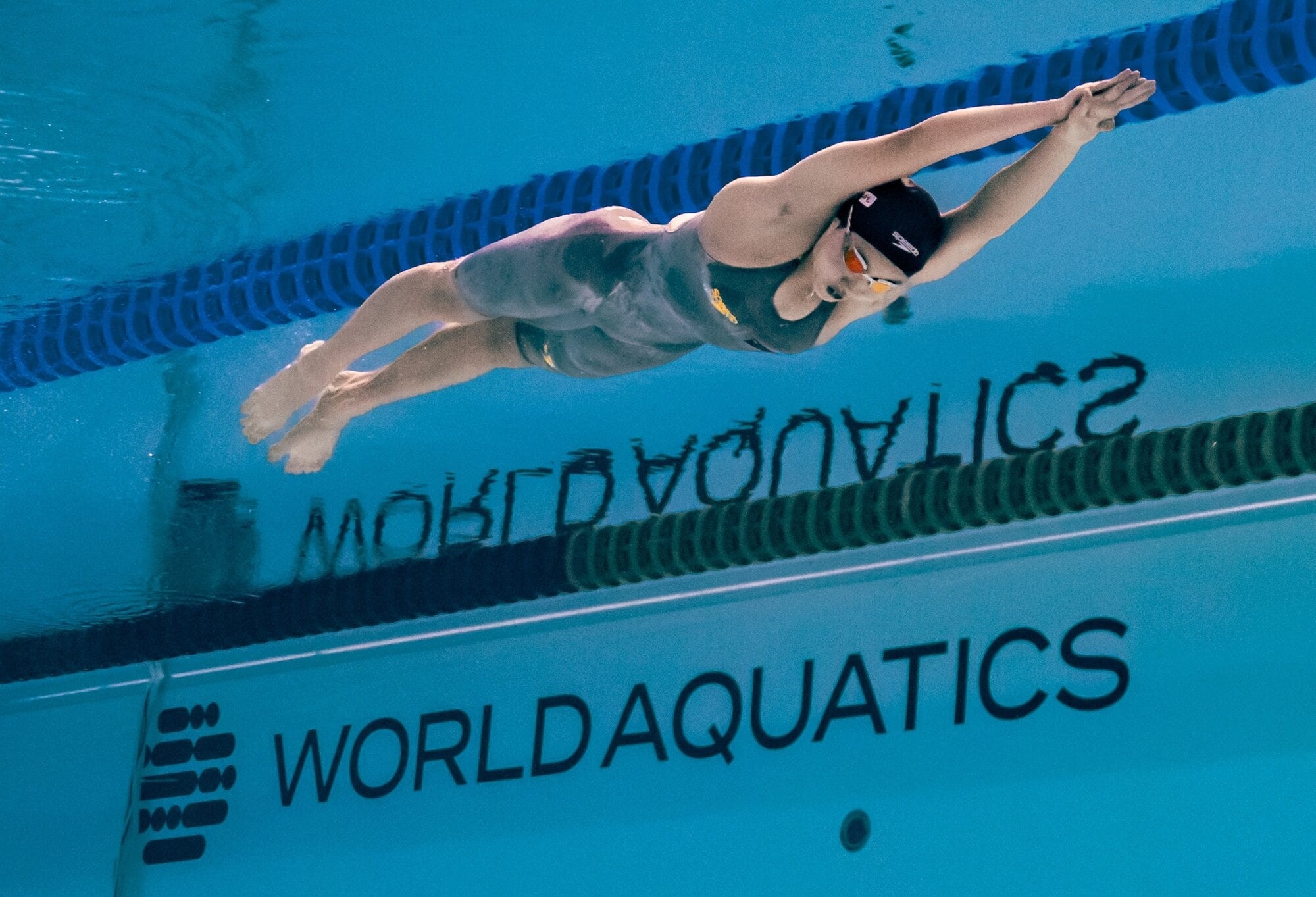 |
Yu during the 200m individual medley semifinal at the World Aquatics Championships in Singapore on 27/7. Photo: AFP |
"To compete at this level requires a high degree of specialization. When did she start intensive training?" Auguin wondered. "I believe Yu is extremely talented, but to reach this level, she must train like an adult. In terms of mental health and personal life balance, this worries me. Putting a 12-year-old under such pressure and expectations is problematic. Physically, I find it concerning, but mentally, I think it can be dangerous for girls of that age."
Auguin continued to question: "How can a 12-year-old reach such a level? Some people take 15 years to achieve that. This girl wasn't even born when others began training. I say this without any negative intentions, but simply out of curiosity."
Auguin implied he wasn't suspicious of doping but felt the training volume and muscle development might be unsuitable for a developing body. When a talented young athlete excels at 12, it's crucial to make the right long-term choices. This includes a reasonable progression rate, applying the right type of training and competition at the appropriate time. The world has seen many talented athletes discovered at 12, but they are trained to reach their physical peak between 20 and 26. They remain passionate about the sport, healthy, and able to do what they want at the right time in their lives.
History has also recorded many young girls competing at high levels, and comparisons are inevitable. The legendary Sorensen won bronze in the 200m breaststroke at the 1936 Berlin Olympics at just 12 years and 24 days old. Like Yu, who reached the podium at 12 years and 288 days old, Sorensen sparked controversy about minimum age and the impact on children's health. She later won the Northern European and European championships but couldn't participate in another Olympics due to the war.
Former Australian athlete Shane Gould retired at 16. She was the only swimmer to hold all world records in freestyle events from 100m to 1500m simultaneously. Katie Ledecky won her first Olympic gold in the 1500m at London 2012 at just 15. At the 1988 Seoul Olympics, Krisztina Egerszegi of Hungary won the 200m backstroke at 14 years and one month old, but this record was later broken by Kyoko Iwasaki of Japan, who won gold in the 200m breaststroke at the 1992 Barcelona Olympics at 14 years and six days old.
Another Chinese athlete, Ye Shiwen, won the world championship at 15 and two gold medals at the 2012 London Olympics but later plateaued with less impressive results as she matured.
"However, every body is different. Every childhood is too. And that's the core of the issue: Yu Zidi is extraordinarily talented, without a doubt, but she's still just a little girl," L'Equipe questioned.
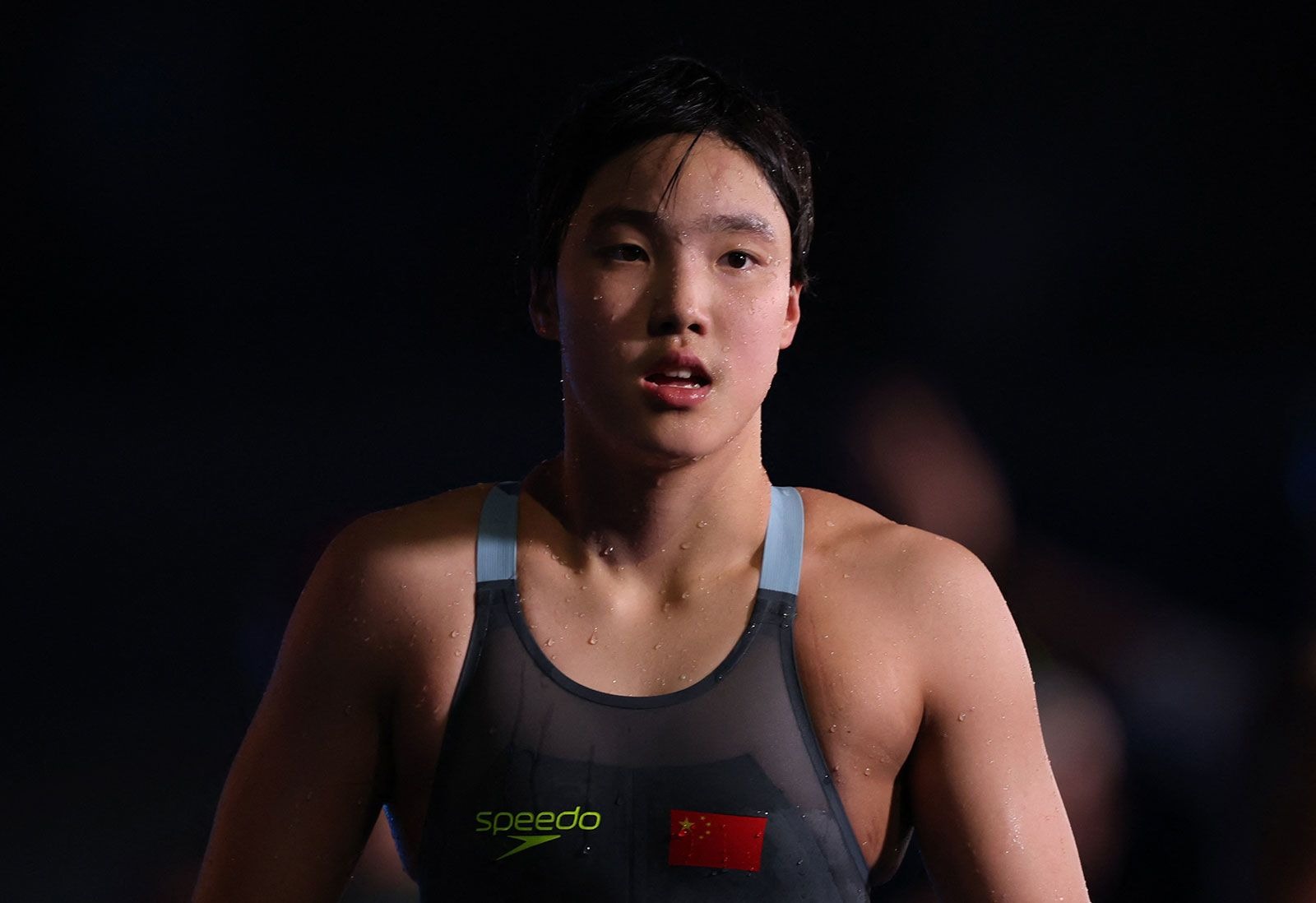 |
Yu possesses a distinct physique at 12, standing at 1.7m tall with broad shoulders. Photo: Reuters |
"In France, we take the opposite approach," Auguin emphasized. "Our athletes, especially women, tend to mature later. For example, the average age of French girls reaching Olympic finals is two years older than in other countries."
Auguin, the former coach of Alain Bernard, who held the world record in the men's 100m freestyle in a short course pool with a time of 45.69 seconds and won gold in the men's 100m freestyle at the 2008 Beijing Olympics, was also responsible for mentoring the younger generation of French swimmers, so he was shocked by Yu's case.
Auguin said: "We can't compare cultures, but the training system in France focuses heavily on protecting athletes, perhaps sometimes too much. We have age groups, and this Chinese girl could compete in the 'benjamin' group—ages 12-13—at the French national championships. In fact, to avoid an 'achievement frenzy,' we're changing the names of the age groups."
If World Aquatics considers tightening regulations, perhaps fixing the minimum age at 14, Yu's story will become more than just a sporting phenomenon. It's a warning and an opportunity.
"Yu Zidi is extraordinary, with a bright future; hopefully, good things will come," Nowicki said. But the World Aquatics Executive Director also stressed: "We have to be careful. We don't want to create an imbalance in the opposite direction."
Notably, due to inconsistent international regulations, Yu's recent 4th-place finish in the 200m individual medley isn't recognized as a world junior record because she's not yet 14 to be classified in that group. "This is a puzzling paradox. But what Yu Zidi has achieved goes beyond medals and records: she has made an entire system question itself," L'Equipe commented.
"I didn't think I'd have to face this question, but now we need to look back and ask ourselves if this is appropriate," Nowicki added. "Is this really the right way to move forward? Do we need additional safeguards? Should competition be allowed under certain conditions? I don't have the answers yet."
Compiled by Hoang Thong






